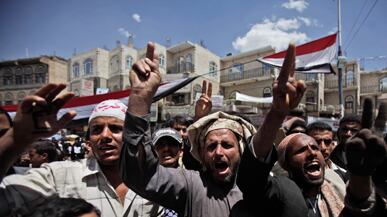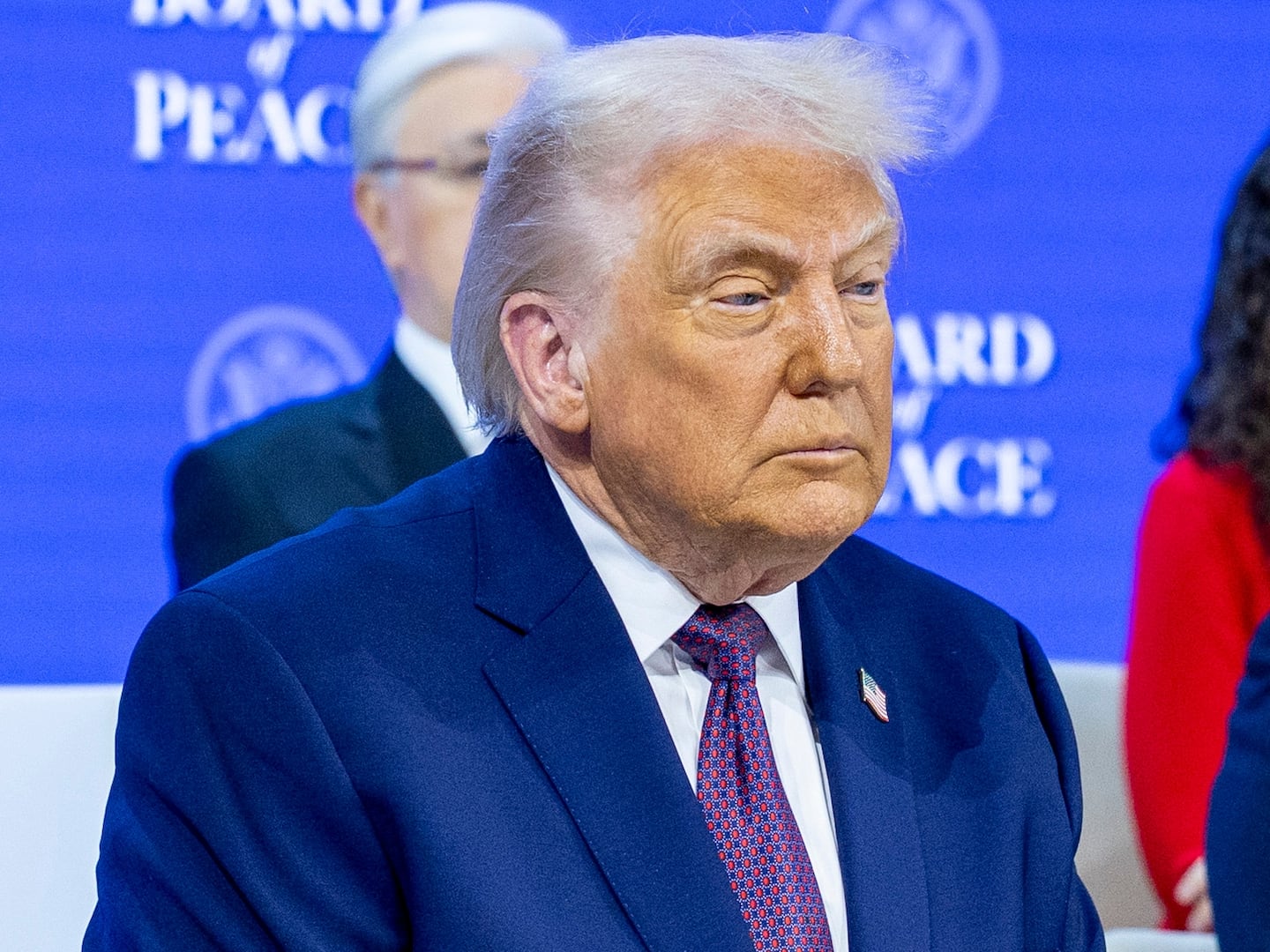The protests rocking Yemen came at an especially bad time for President Ali Abdullah Saleh: right before payments on a massive aid package were set to start. The aid was the White House's latest and most expensive attempt to secure Saleh's allegiance in fighting al Qaeda in the Arabian Peninsula, but the protests added to doubts about Saleh's usefulness as a counterterrorism ally and prompted the administration to halt the aid, which would have given Saleh up to $200 million in support during the coming fiscal year alone and likely an equal amount in development assistance. Even before the protests, it wasn't clear how strong Saleh was as an ally: He seemed more ready to use U.S.-trained counterterrorism troops to fight political rivals in the north than al Qaeda, and in 2009 he even offered al Qaeda a cease-fire—which they rejected, because they were already operating with near impunity. With the protests, Yemen's troops have abandoned the fight against Islamic militants. As Saleh seemed to lose control—and loses what interest he had in fighting al Qaeda—the U.S. decided to pull its aid, gambling that whomever succeeds Saleh will be no worse an ally.
Read it at The Wall Street Journal





